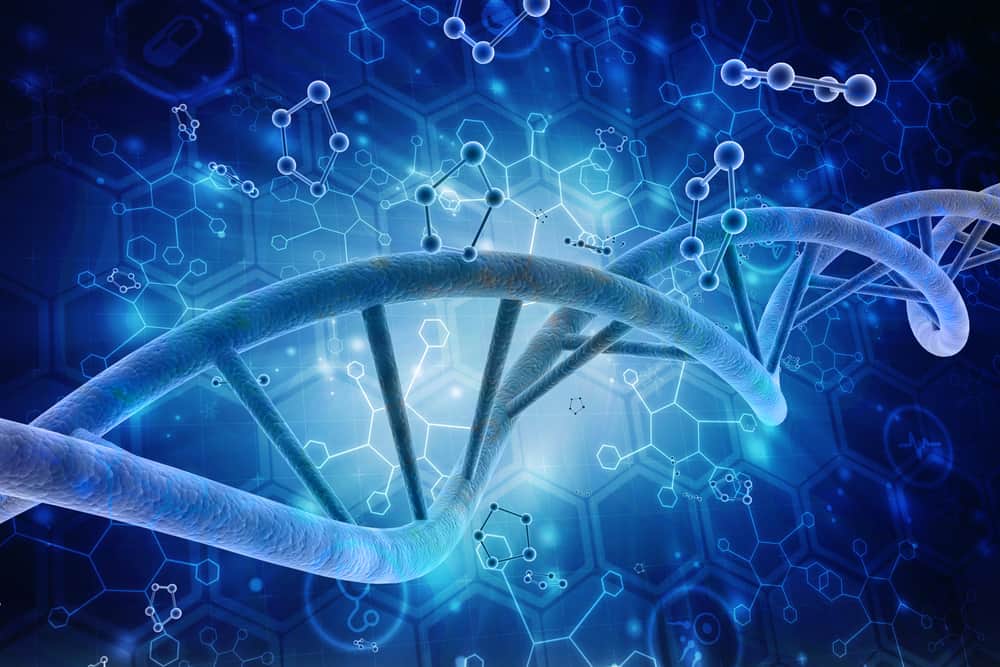Contents:
- Medical Video: Cholesterol and Risk Factor Primer: How to Avoid Heart Disease and Stroke
- What is high cholesterol?
- Why can high cholesterol cause a stroke?
- What is the relationship between cholesterol and stroke?
- What is good cholesterol?
- How do I reduce my cholesterol level?
Medical Video: Cholesterol and Risk Factor Primer: How to Avoid Heart Disease and Stroke
There are several factors that can trigger a stroke. Some triggers can be detected through regular health checks and can also be overcome by adjusting lifestyle and treatment. Cholesterol and fat can be easily graded with a customized diet and medications to help prevent strokes.
What is high cholesterol?
Cholesterol and fat levels can be analyzed through a fairly simple blood test.
There are several components of fat that are commonly measured. Triglyceride levels, low density lipoproteins (LDL), and high density lipoproteins (HDL) are quantities of the concentration and concentration of fat flowing in the blood. The normal optimum level is no more than 150 mg / dl for triglycerides, no more than 100 mg / dl for LDL, above 50 mg / dl for HDL and below 200 mg / dl for total cholesterol.
Why can high cholesterol cause a stroke?
Cholesterol, lipoproteins, triglycerides, and other fats are needed to maintain the structure and function of body cells. However, excess cholesterol and fat circulating in blood vessels can increase the tendency for blood clots. Blood clots that occur in the brain can result in strokes. Triglycerides and LDL will accumulate in the lining of blood vessels and injure the lining inside. When the inner lining of the blood vessels is injured, there is a narrowing that makes the platelets and other blood cells trapped. Excess fat circulating in blood vessels also makes a composition that is 'sticky' and thus makes blood clots become more 'sticky' which can threaten a person's life.
What is the relationship between cholesterol and stroke?
High cholesterol has been shown to increase the risk of stroke. A recent study published in the journal Atherosclerosis reported that men and women who had high triglyceride levels tended to be prone to symptoms of stroke. Another research article published in December 2014 on the issue of International Geriatrics and Gerontology suggested that people with high cholesterol levels for long periods of time can worsen stroke healing. This report is followed by scientific research from year to year which confirms that high cholesterol has a strong effect on stroke symptoms.
What is good cholesterol?
You may have heard of cholesterol that is good for the body. High-density lipoprotein (HDL) or high density lipoprotein is often referred to as good cholesterol. HDL can prevent strokes, prevent blood vessels from deep wounds, and prevent blood clots. The latest article published in January 2015 is titled Handbook of Experimental Pharmacology also revealed the presence of anti-inflammatory and anti-oxidants in HDL. Exercise is also proven to increase HDL levels in the blood.
How do I reduce my cholesterol level?
There is no doubt that cholesterol in the body needs to be monitored if the levels are not optimal. Maintaining good cholesterol levels in the body is scientifically proven to reduce a person's tendency to stroke. Some people have a history of high cholesterol. A high-fat diet can increase cholesterol levels in the blood. Lifestyle also contributes to high triglyceride levels, high LDL and low HDL. Often, changing diets that reduce fat intake can help reduce cholesterol levels in the blood if the body weight is not ideal. Sometimes, patients should take prescription drugs to reduce cholesterol levels, especially if they have a history of heredity, exercise and diet changes do not help, or cholesterol levels are very high.
Changing a diet is a challenge. Research has proven that low-salt and low-cholesterol diets can help prevent strokes. Healthy foods such as fish and nuts can also help prevent strokes because they contain nutrients that work for bodily functions and prevent blood vessel damage, blood clots as well as blood pressure irregularities that threaten safety.
READ ALSO:
- Hiccups that don't go away, maybe a sign of a stroke
- Calculate your risk of heart disease
- Am I at risk of hypertension?












